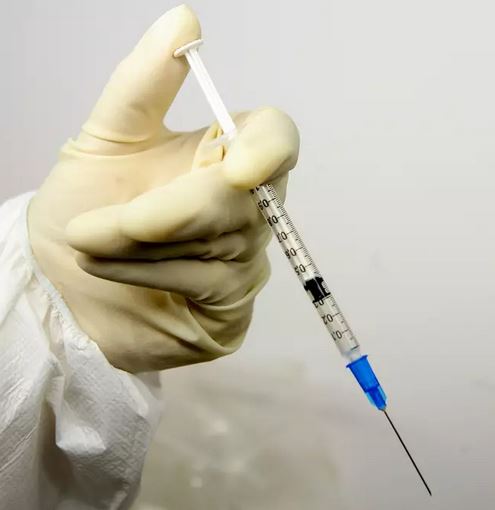
Indonesia Signs New Law To Chemically Castrate Child S3x Offenders
Published on January 5, 2021 at 11:00 AM by Face of Malawi
The practice involves injecting an inmate with a solution that lowers their testosterone levels in a bid to suppress their s3xual urges.

The new guidelines were signed by President Joko Widodo in early December and will give experts the ability to add on castration when sentencing someone for sexually abusing a child.
Indonesia’s Ministry of Women Empowerment and Child Protection told Vice World News it hopes the potential punishment will be a ‘deterrent’ to committing the offence.
The punishment was first brought into Indonesia’s legal framework in 2016 when a child rape case shocked the nation.
Human rights campaigners weren’t happy with the new punishment and have been working ever since to get it overturned.
Amnesty International issued a statement asking for an urgent review into the decision.
“The s3xual abuse of children is indescribably horrific. But subjecting offenders to chemical castration or executions is not justice, it is adding one cruelty to another,” said Papang Hidayat, Amnesty International’s Researcher on Indonesia.
“Forced chemical castration is a violation of the prohibition on torture and other cruel, inhuman or degrading treatment or punishment under international law,” said Papang Hidayat.
“The expansion of the scope of the death penalty is inconsistent with Indonesia’s international obligations which protects the right to life. Further given the serious flaws in Indonesia’s justice system the risk of executing the innocent can never be eliminated.”
The National Commission on Violence Against Women has also spoken out against the new rule.
“The government will not reach its target with castration, because sexual violence against children happens due to imbalanced power relations (between culprit and victim) or the culprits’ perception toward victims,” Commissioner Siti Aminah Tardi said.
“Controlling [culprits’] s3xual hormones will not end s3xual violence.”
While it was technically allowed since 2016, it wasn’t until 2019 that castration was given to a man in East Java who was convicted of raping several children.
The only issue was that there was nowhere in the country that could offer the procedure. Since then, two people have been sentenced to the procedure, but no doctor has been willing to do it because it violates their ethics.
The new law stipulates that an inmate can only chemically castrated for up to two years per offence.


